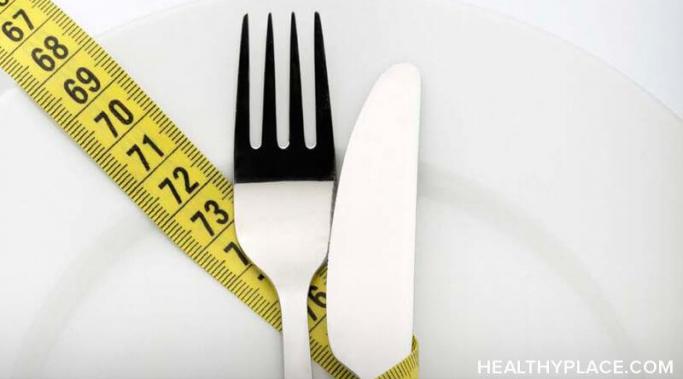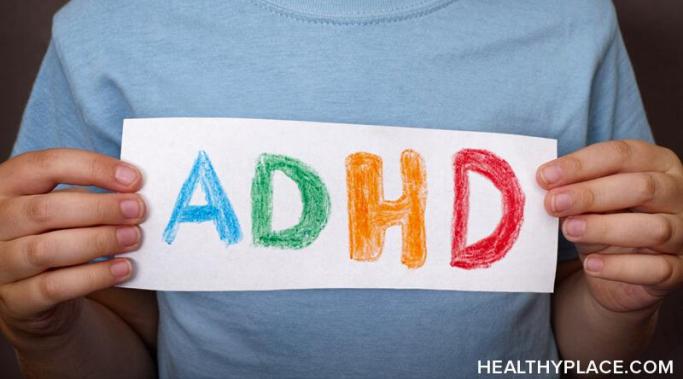Blogs
Psychosis (the presence of hallucinations and/or delusions) and anxiety can be difficult to deal with in relationships. Many symptoms can be confusing, frustrating, and challenging to those looking from the outside. When I have had breaks from reality (psychotic episodes), I have always treated my family and my spouse with suspicion due to paranoia. The paranoia often causes me to think that I am in danger around those who are the most supportive of me.
I remember visiting my therapist when I was learning to cope with obsessive-compulsive disorder (OCD), and one of the things he said was, "Mr. Brocklebank, you have set yourself a very high bar." Of course, I knew this already. I have been painstaking and particular about everything I do for as long as I can remember—what some might call a perfectionist. But is perfection something you should try to achieve, or can you be happier without it? As a perfectionist, can you ever meet the uncompromising standards you set for yourself? Should perfectionism ever be a goal?
One of the most challenging parts of being in recovery for alcohol use disorder (AUD) is dealing with society's normalization of alcohol, a deadly drug. Alcohol is everywhere. Some days, triggering situations come at me more quickly than I can process them. Some days, I want to crawl into bed, pull the covers over my head, and stay there forever because that feels like the only safe place in this alcohol-obsessed culture.
Have you ever considered a mental health self-care tip and thought, "That’s not for me?" I know I have. Those kinds of tips used to make me feel even worse about myself because, gosh, how broken was I really if those didn't appeal to or work for me? The secret is that I’m not any more broken than the next person. I just had to find what works for me, even if it’s an unconventional self-care exercise. Doing that really helped me make strides in my recovery.
I’m Hayes Mitchell, and I am excited to join "The Life: LGBT Mental Health" blog. I’m a mental health writer with a Bachelor of Fine Arts in writing with a minor in psychology. I identify as queer and transgender (trans). I began discovering my identity back in high school. Today I’m 22 and still learning about myself every day. I’ve changed my labels many times over the years. I’ve identified as bisexual, pansexual, asexual, and demisexual. I tend to withhold telling people because when I change my mind, I don’t want them to discredit my past experience. Every one of those identities has been real to me at each point in my life. I believe in gender and sexuality as being a spectrum. Everyone exists somewhere on that spectrum.
I think I’m on a very good medication cocktail. There are several reasons why, but the funniest one is that when I typed “medication cocktail” into my notes on my phone as a story idea, the predictable word “hour” appeared. I was able to see the humor in that, and when I told my husband, Tom, about it, he said, “Medication happy hour!” and we both laughed. Ain’t love grand?
Living with verbal abuse can drastically alter your life choices and how you navigate the world. However, it's critical that you break away from being the victim if you are recovering from a verbally abusive past. Dealing with abuse is only part of your story and is not the only way to define you as an individual.
I’m Rachel Craft, and I’m excited to join the "Coping with Depression" blog at HealthyPlace. I was diagnosed with depression over a decade ago in college. As a type-A perfectionist, I was constantly overwhelmed with stress and never got enough sleep. My habitually low self-esteem took a dive at one point, and I developed an eating disorder and started experimenting with self-harm. It was a terrifying period of my life because I realized I might not survive if I didn’t find help.
Hello, my name is Obsessed with Metrics. I say this with snark, but I also genuinely mean it. A few months ago, when I wrote about my exercise addiction, I briefly touched on how metrics fuel this behavior. I count the number of steps I take. I count the number of miles I run. I count the number of stairs I climb. I count the number of minutes I exercise. I count the number of calories I burn. At times, I feel like a human calculator—ironic, since math has never been my strong suit.
After a year of blogging for HealthyPlace, I must now depart. However, a long goodbye isn't really useful for anyone, including me. So this final post is addressed to you -- the undiagnosed reader who suspects they may have attention-deficit/hyperactivity disorder (ADHD) and is looking for guidance on how to proceed.










Also, abuse is wrong, and in order for it to be abuse means there is automatically someone on the receiving end who doesn’t deserve it, which is what is called a victim. In actuality, you can be both a victim AND a survivor AT THE SAME TIME.
I am interested in a lot of the topics available on this site, but this article honestly makes me question how ignorant and untruthful/misrepresenting other articles on this site might be. This article betrays credibility for the site as a whole. Might want to consider that. Especially with both disability AND domestic violence being on the rise…this article is only going to get more and more negative feedback over time.